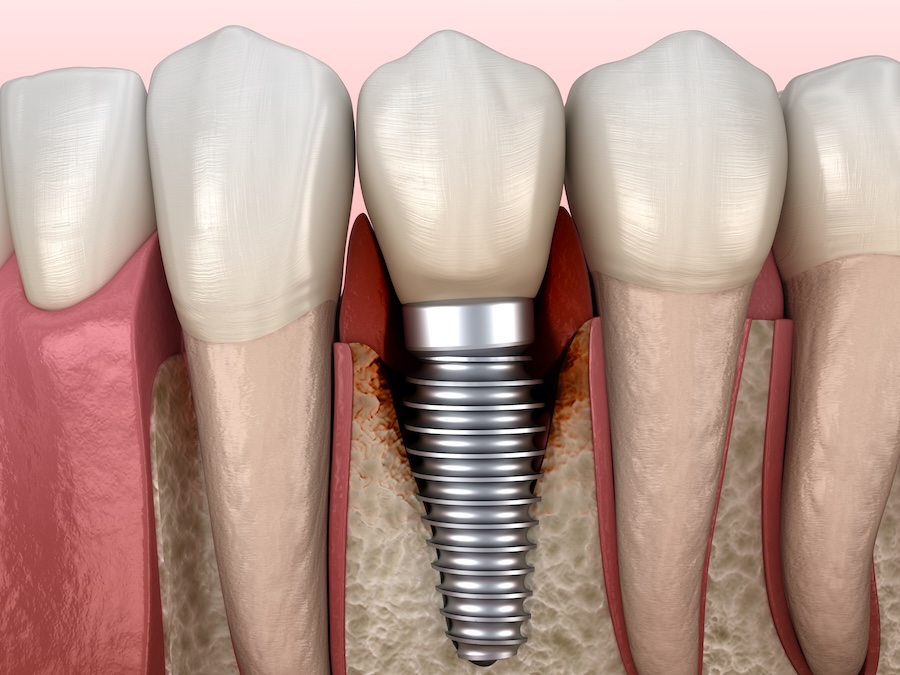
Is Your Dental Implant Failing? Symptoms You Need to Know
February 13, 2025 9:00 amDental implants are one of the best ways to replace missing teeth, offering a strong, natural-looking, and long-lasting solution. However, like natural teeth, implants require proper care, and in rare cases, they can develop problems. While a failing dental implant is uncommon, it can happen due to infection, bone loss, or other complications. If you have an implant and something feels off, don’t ignore it.
Warning Signs of a Failing Dental Implant
Most dental implants heal successfully, but issues can arise if the bone doesn’t integrate properly or if infection develops. Here are the most common symptoms that may indicate a problem.
- Red, swollen, or bleeding gums near the implant
- Bad breath or a foul taste in your mouth
- Pus or discharge around the implant site
1. Severe or Persistent Pain
Mild discomfort after implant surgery is normal, but sharp, throbbing, or worsening pain isn’t. Ongoing pain could indicate nerve damage, infection, or implant movement. If your implant hurts long after healing, it’s time to see your dentist.
2. Infection Around the Implant (Peri-Implantitis)
Red, swollen gums around the implant may indicate an infection called peri-implantitis. Luckily, this is often preventable with regular cleanings and good home care. Symptoms include:
If left untreated, infection can weaken the bone and cause implant failure.
3. Difficulty Chewing or Biting
Your implant should feel secure, just like a natural tooth. If it feels loose, unstable, or painful when biting, there may be a problem with the bone integration or implant placement.
4. Gum Recession Around the Implant
Healthy gums should fit snugly around an implant. If your implant looks longer than before, your gums may be receding. Gum recession exposes the implant post and weakens support. This can be caused by infection, too much pressure on the implant, or poor gum health.
What to Do If You Notice These Symptoms
If you’re experiencing any of these signs, don’t wait for the problem to get worse. Early treatment can often save the implant and prevent additional bone loss or discomfort.
Dental Implant Care at Grand Rapids Family Dentistry
Dental implant problems don’t always mean failure, but they do need attention. At Grand Rapids Family Dentistry, Dr. Kate Palmateer and Dr. Josh Palmateer provide expert care to keep your implants healthy. If you notice any of these symptoms, contact our office for an evaluation today!
Categorised in: Dental Implants
